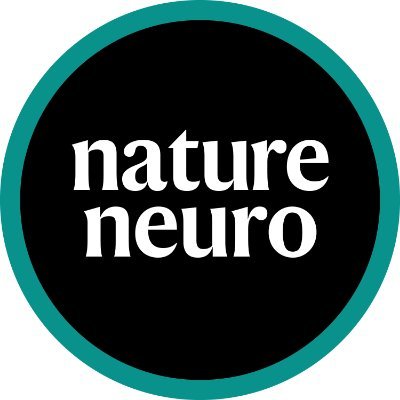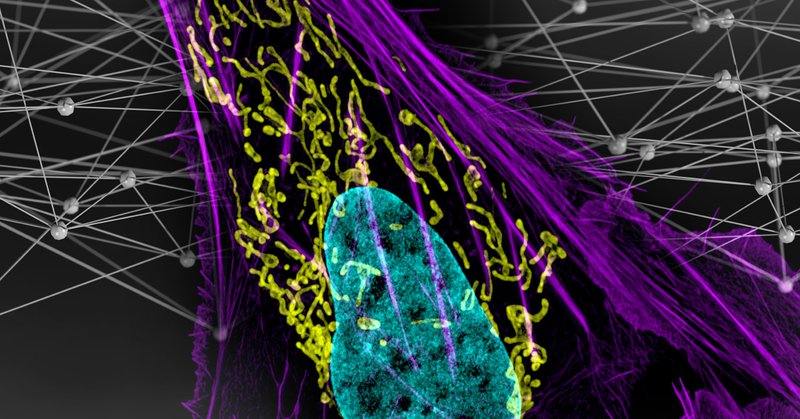
Max Sherman
@m_a_sherman
Followers
168
Following
19
Media
5
Statuses
31
Co-founder and CTO of Serinus Biosciences | Cancer drug discovery | Biology + statistics + algorithms to improve human health
Cambridge, MA
Joined November 2016
Thank you @EACRnews for highlighting our recent publication in @NatureBiotech, where we used deep-learning to map somatic mutation rates and identify potential driver mutations genome-wide. Read it here
Extremely excited to have my work with @m_a_sherman recognized with such an esteemed list of researchers.
0
0
7
Delighted to have played a small role in this awesome paper revealing non-canonical open reading frames and microproteins in the human brain lead by @ErinDuffyLacy1 @briankalishMD and @MEGNeuro.
Ribosome profiling on 73 human prenatal and adult cortex samples reveals thousands of previously unknown human-specific and/or brain-specific microproteins. New from Mike Greenberg, : @ErinDuffyLacy1 @briankalishMD @MEGNeuro et al.
0
1
5
What happens when you merge AI, systems biology, and CRISPR? You find new ways to kill cancer! That's our mission at Serinus Bio. Checkout our Y Combinator launch page for more info DM me if you're interested in collaboration opportunities.
ycombinator.com
We develop drugs effective against multiple types of cancer... and we do it really fast! 🏃🏽
We just launched Serinus Biosciences on @ycombinator's Launch YC!. Serinus Biosciences: Killing cancer with its own genetics 💪🏽. Check us out: via @ycombinator.
0
1
6
RT @CD_AACR: Read this week's Cancer Discovery #ResearchWatch, Genome-wide Mutation Rate Modeling Identifies Novel Driver Mutations, a summ….
0
1
0
📢Big news 📢: @AdamYaari and I are launching @SerinusBio, a therapeutics startup in @ycombinator S22. Our white-box AI platform supercharges the drug development pipeline by unraveling what a drug will do in the cells of real patients. DM me for collaboration opportunities!
1
5
22
RT @EricTopol: Deep learning #AI to rapidly identify new driver mutations in 37 types of #cancer.by @MIT_CSAIL @la….
0
58
0
Finally a huge thank you to my co-authors @AdamYaari, @olivercpriebe, @FelixDietlein, Po-Ru Loh, and Bonnie Berger @lab_berger. This would not have been possible without them!.
1
1
7
More resources: 1) Everything you need to know about and use Dig 2) Browsable mutation rate maps 3) A great write-up from @MIT News
news.mit.edu
An MIT-led team built a computer model that can rapidly scan the entire genome of cancer cells and identify mutations that occur more frequently than expected, suggesting that they are driving tumor...
1
1
11
We created somatic mutation rate maps for 37 different types of cancer. These maps can be interactively browsed thanks @pkerpedjiev and the power of @higlass_io. Take a look!
1
2
8
So excited to share our paper "Genome-wide mapping of somatic mutation rates uncovers drivers of cancer" is out on @NatureBiotech (and open access)! Here's a🧵on what we did and what we found!.
5
90
394










